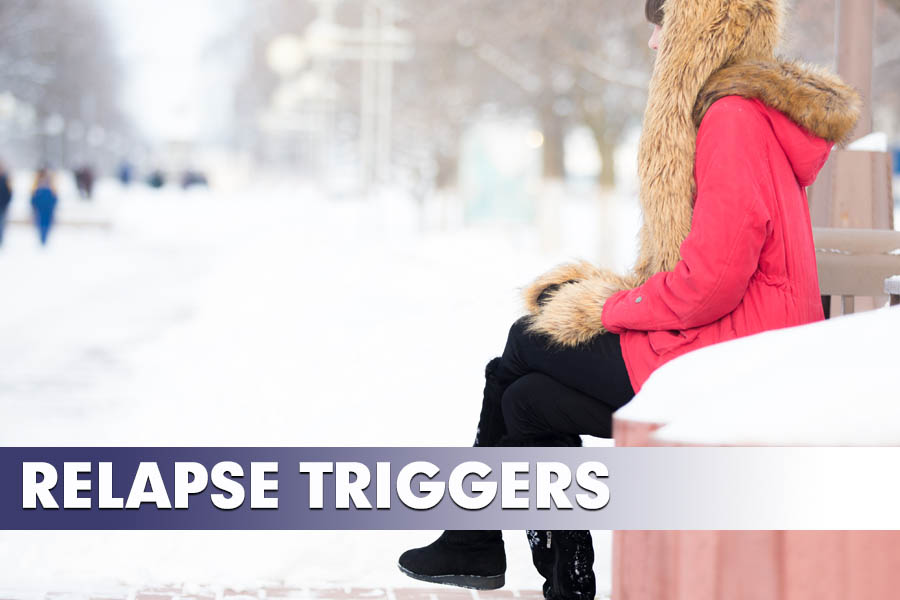Relapse triggers are anything that activates the thoughts and desires to return to use. Anything can be a trigger: places, people, things, smells, sounds, tastes, emotional states, honestly anything. As triggers are different for everyone, they are easily overlooked. Anything associated with past use can be a subtle reminder that triggers the desire to use. Here are 4 common relapse triggers and strategies to avoid them.
1. HALT: Hungry, Angry, Lonely, Tired
The acronym HALT describes high-risk situations for those in recovery. When you are aware of this you can be vigilant in preventing yourself from entering those states.
As we have mentioned in past articles, taking care of yourself is important in recovery. Making sure to avoid becoming too hungry, angry, lonely, or tired needs to become a priority. This means eating regular meals, addressing your negative emotions and not letting them build up, getting proper sleep, and accessing your support system along with groups like AA, NA and SMART Recovery.
2. Emotions
Perceived negative emotions is one of those relapse triggers that regularly led people to use drugs or alcohol before and can easily lead a person back to it.
First, it is impossible to avoid feeling negative emotions like sad, angry, guilty, or lonely. They are not constant feelings, but they are part of being human. Experiencing them is normal and important in recovery. Unfortunately, they are uncomfortable. Drinking and using can be an attempt to avoid these feelings, sometimes for a very long time. Learning how to cope with your emotions as they arise without the use of drugs and alcohol will be essential in early recovery.
3. Stress
Stress is a big addiction relapse trigger because of the broad range of effects on your mind and body. HALT can lead to stress, along with numerous other circumstances that are individual to everyone. Relationships, financial, school, health and work issues are just a few examples. The key is to be proactive about preventing stress and being mindful about what stresses you out. This means taking care of yourself, setting limits and asking for help when things become too much.
4. Overconfidence
Self-confidence is great. Overconfidence, not so great. Overconfidence leads to complacency. When present, overconfidence can stop an individual from doing the very things that are helping them maintain their recovery.
Some of the examples shared by our clients:
“I’ve been sober for 3 months, so maybe I’m no longer an alcoholic”
“I’m doing well, so I guess I’m cured and don’t need to go to meetings anymore”
“I can control it now, so I can have one drink”
“It won’t bother me to be around drugs. I don’t want them”
Complacency crosses a line from healthy confidence to over-confidence and relapse risk.
After some time in recovery, you may begin to feel like you no longer need to work on your recovery. You may feel strong in your recovery and end up putting yourself into relapse trigger situations, while minimizing the risk they pose. When these thoughts occur, you need to ask yourself if it is worth the risk. Are you being honest with yourself or minimizing the risk?
Stay humble. Keep working your program and remind yourself that addiction is a chronic disease. There is no “just one.”
If not aware of these potential risks to recovery, it can be very hard to navigate. This can lead to frequent relapses, leaving the individual feeling hopeless and asking, “how did I get here?”. If you do not know what puts you at risk, how can you avoid or prepare for it? You need to know what they are and do the things that are helping you reduce the risk.
This article lists a few common relapse triggers but at Canadian Addiction Rehab, we help individuals to identify what their triggers are and find coping strategies to mitigate them.
Mariah LaBelle
Addiction Counsellor

